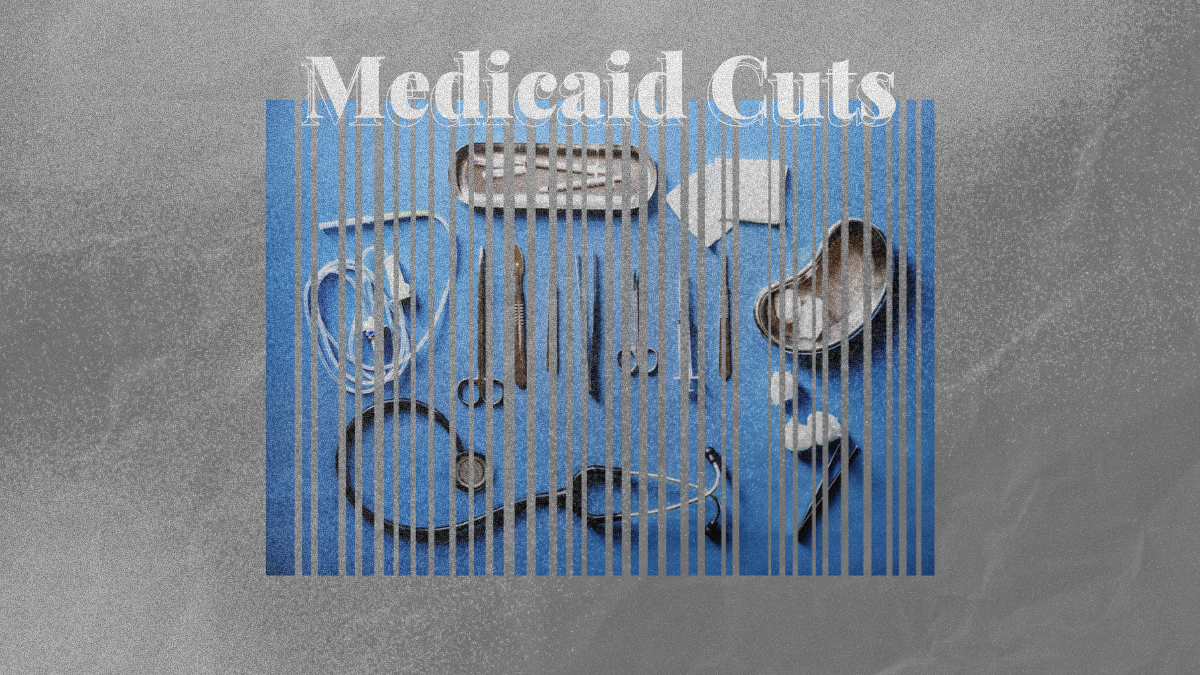U.S. House Republicans have pushed forward with their sweeping budget reconciliation package, with committees debating and approving the final three components: a tax bill, deep Medicaid spending cuts, and an agriculture proposal, according to NC Newsline.
One major component includes at least $880 billion in federal spending reductions over the next decade, targeting Medicaid and clean energy programs. The plan includes nationwide work requirements for Medicaid recipients, new penalties for states covering undocumented immigrants, and stricter eligibility verification rules.
Medicaid Overhaul: Work Requirements and State Penalties
The Energy and Commerce Committee’s bill outlines sweeping changes to Medicaid. Able-bodied adults between 19 and 65 would be required to work, volunteer, or participate in job training for at least 80 hours a month to retain coverage, with exceptions for pregnancy, disabilities, or caregiving.
States that offer Medicaid coverage to undocumented immigrants would see their federal reimbursement rate drop from 90% to 80%. Unless they change course, this policy would impact states like California, New York, Illinois, and Washington. Additionally, states would need to verify Medicaid eligibility every six months instead of annually.
While the exact number of people who might lose coverage is still unclear, prior estimates suggest millions could be affected. Democrats argue the plan will strip health care from vulnerable populations. Rep. Frank Pallone (D-N.J.) said in a statement, “No where in the bill are they cutting ‘waste, fraud, and abuse’—they’re cutting people’s health care and using that money to give tax breaks to billionaires.”
Internal GOP Divisions Surfaced
The plan faced resistance from both far-right and moderate Republicans. Rep. Chip Roy (R-Texas) who initially criticized the proposal for potentially adding trillions to the national debt, while Sen. Josh Hawley (R-M.O.) slammed fellow Republicans for targeting health care for the working poor. Hawley warned the cuts are both “morally wrong and politically suicidal.”
In the end, just two House Republicans voted against the bill, Reps. Thomas Massie (K.Y.) and Warren Davidson (Ohio), while House Freedom Caucus Chair Andy Harris (R-M.D.) voted “present”.
Clean Energy Rollbacks
The reconciliation package would also repeal key parts of the Democrats’ 2022 Inflation Reduction Act, including clean energy tax credits and major environmental initiatives that bolstered North Carolina’s economy. Programs like the $27 billion Greenhouse Gas Reduction Fund and a $40 billion loan program for energy projects would be eliminated. Pipeline developers would be allowed to pay fees to bypass environmental reviews.
Democrats argue these provisions will undercut U.S. climate goals and raise energy costs. “Cleaner, cheaper energy for consumers gets left behind,” said Rep. Kathy Castor (D-F.L.).
North Carolina Moves to Follow Similar Medicaid Agenda
Similarly, in North Carolina, state lawmakers are also pursuing Medicaid work requirements, as reported by NC Newsline. The House Health Committee approved a bill signaling support for such a mandate. Bill sponsor Rep. Donny Lambeth (R-Forsyth) said it reinforces provisions already in the state’s 2023 Medicaid expansion law, which requires the state to seek work requirement approval from the federal government.
Under the bill, the Department of Health and Human Services would report on the costs of implementing work requirements. Critics, including most Democratic lawmakers, argue the bill is redundant and premature. Rep. Becky Carney (D-Mecklenburg) said the bill “wasn’t ready for prime time.”
Rep. Sarah Crawford (D-Wake) introduced a competing bill to eliminate the state’s trigger that would end Medicaid expansion if federal funding falls below 90%. She and other opponents argue that work requirements are ineffective and leave people uninsured.
“There is no evidence that work requirements actually increase work participation,” Crawford said, pointing to Arkansas, where a 2018 work requirement led to 18,000 people losing coverage without a corresponding increase in employment.
As in Congress, the push for Medicaid work requirements is seen as a way for Republican leaders to consolidate support within their party—even if it risks cutting off coverage for thousands of residents.
For now, the 1,116-page federal bill which passed last Thursday faces the Senate, where many have expressed concerns over a range of proposals, including Medicaid reforms, removing clean energy incentives, and limiting the power of federal judges.





